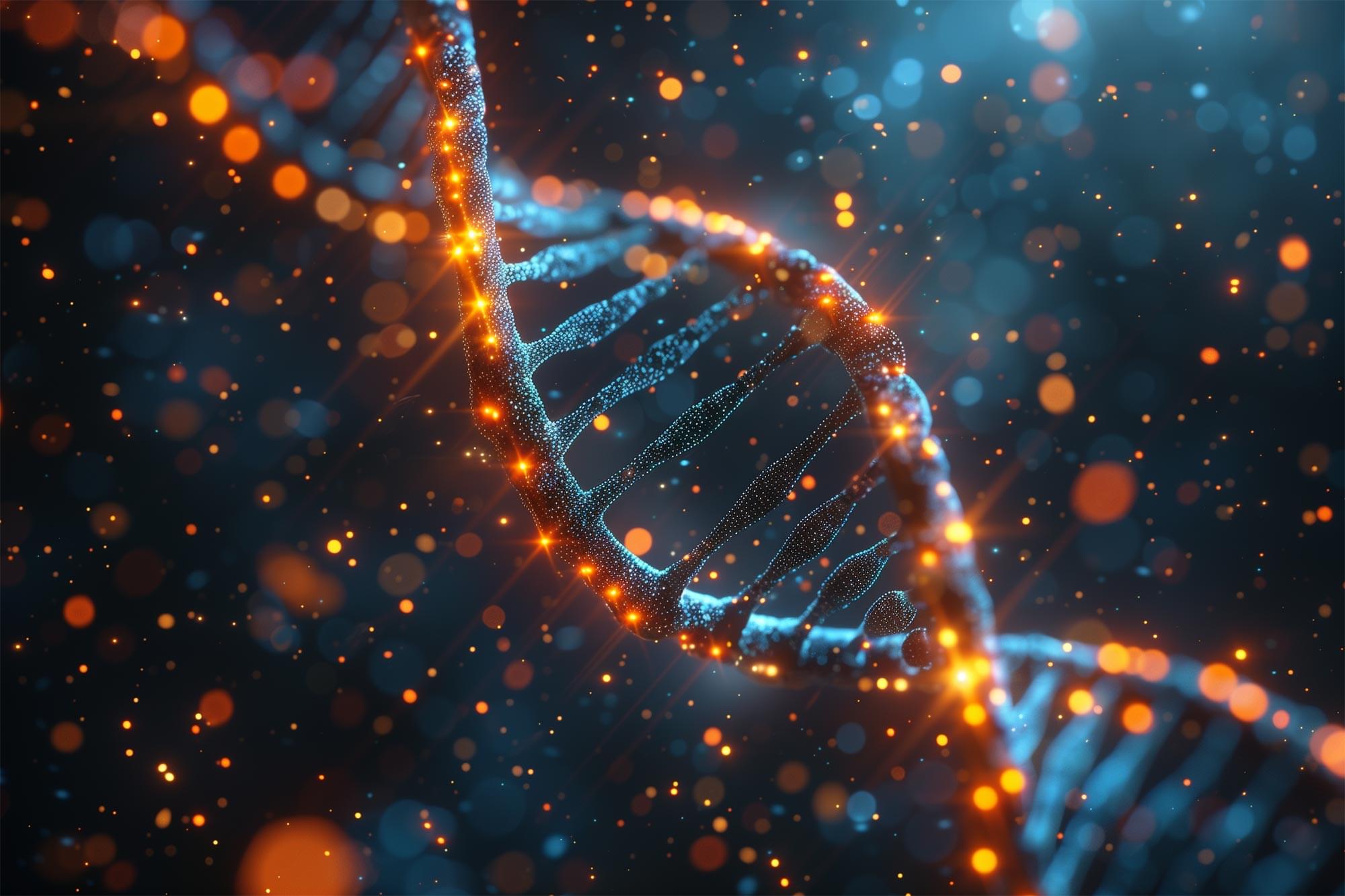Unraveling the Genetic Risk of Cancer
Thousands of tiny changes in the DNA sequence of the human genome have been linked to an increased risk of cancer. However, until now, it has been unclear which of these changes directly contribute to the uncontrolled cell growth that defines the disease and which are simply coincidences or minor players.
Stanford researchers conducted the first large-scale analysis of these inherited genetic changes, known as single nucleotide variants. Their study identified fewer than 400 variants that play a key role in triggering and sustaining cancer growth. These variants influence several critical biological pathways, including those that control DNA repair, energy production, and how cells interact with their microenvironment.
